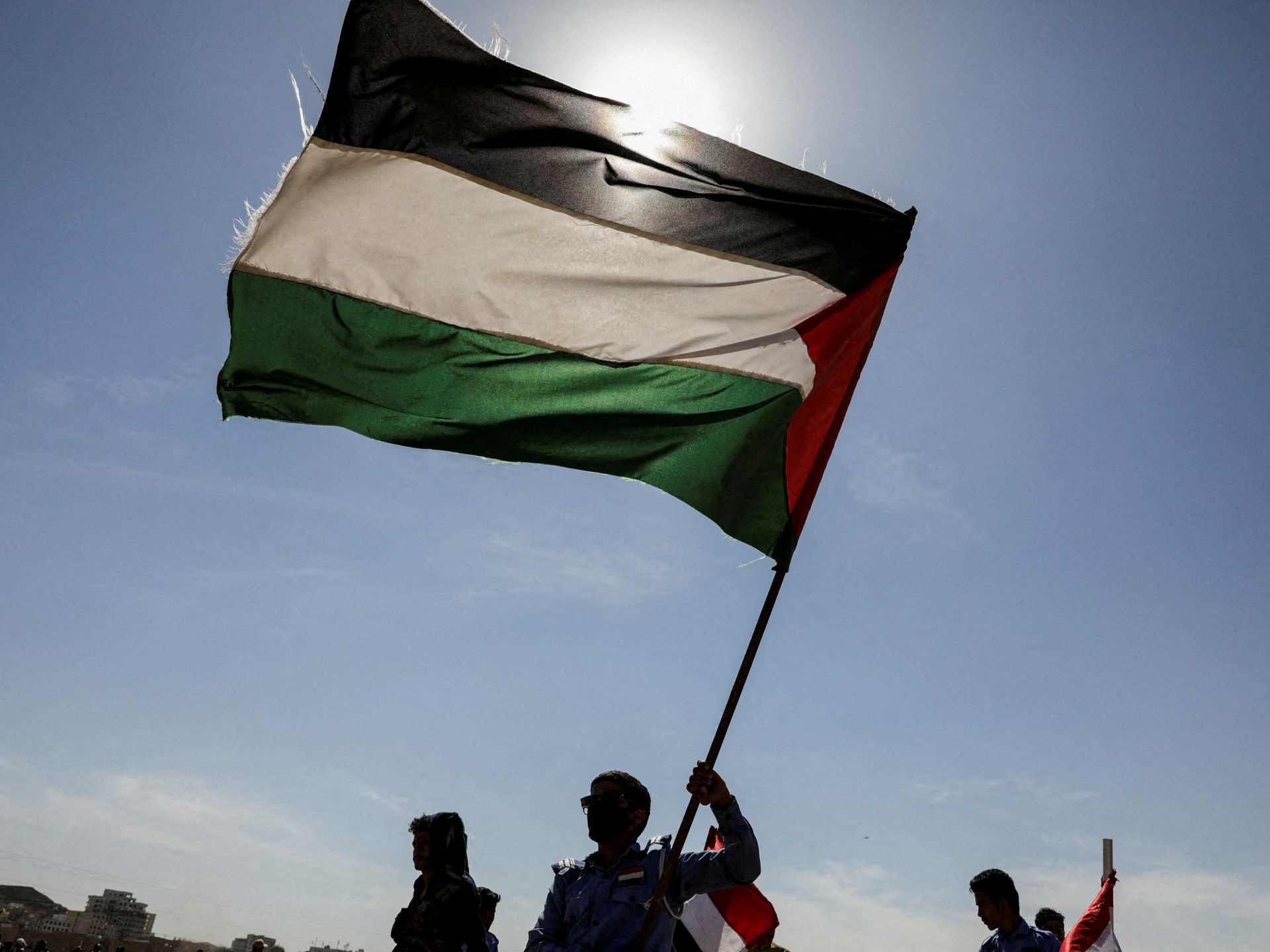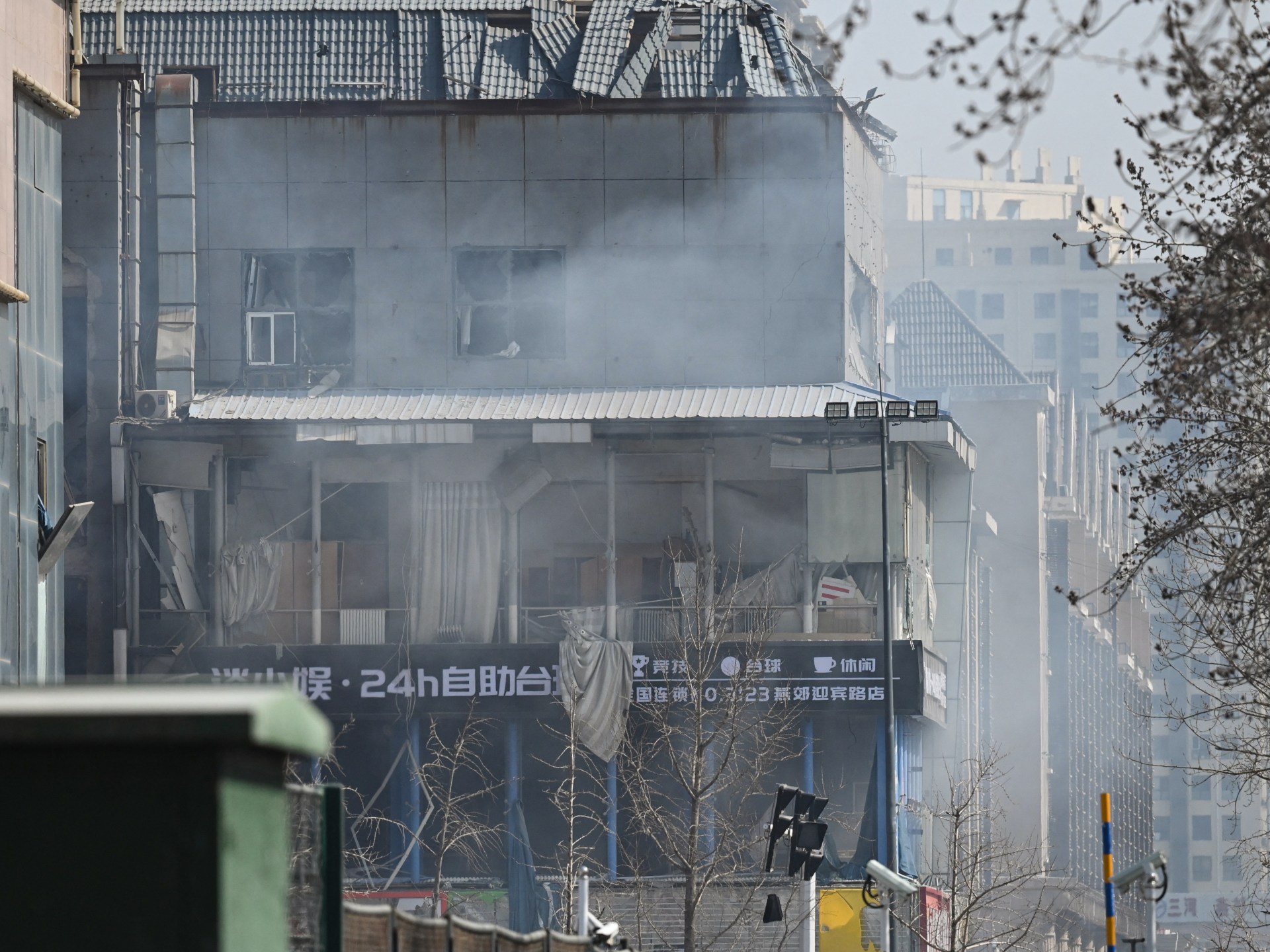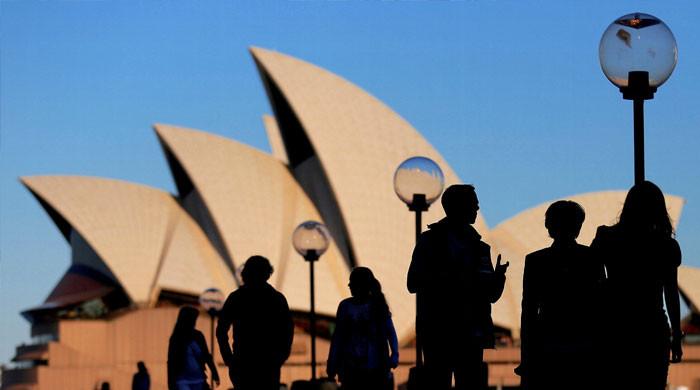U.S. and British forces struck 18 Houthi targets, including underground weapons and missile storage facilities, officials say.
The United States and the United Kingdom have bombed more than a dozen Houthi sites in Yemen, officials said, as the rebel group stepped up its attacks on ships in the Red Sea in protest against Israel's war in Gaza.
In a joint statement on Saturday, the United States and the United Kingdom said military action against 18 Houthi targets in Yemen included strikes on underground weapons and missile storage facilities, air defense systems, radars and a helicopter.
This is the fourth time the US and UK militaries have carried out a combined operation against the Houthis since January 12.
The United States has also been carrying out almost daily raids to eliminate Houthi targets, including missiles, rockets and drones targeting commercial and other Navy ships.
However, the raids have so far failed to stop Houthi attacks, which have disrupted global trade and raised shipping rates.
US Defense Secretary Lloyd Austin said the latest attacks were aimed at “further disrupting and degrading the capabilities of the Iran-backed Houthi militia”.
“We will continue to make clear to the Houthis that they will bear the consequences if they do not stop their illegal attacks, which are damaging Middle East economies, causing environmental damage and disrupting the delivery of humanitarian aid to Yemen and other countries,” Austin said. .
The attacks were supported by Australia, Bahrain, Canada, Denmark, the Netherlands and New Zealand.
The Houthis denounced “American-British aggression” and vowed to continue their military operation in response.
“The Yemeni Armed Forces affirm that they will meet the US-British escalation with more qualitative military operations against all hostile targets in the Red and Arabian Seas in defense of our country, our people and our nation,” the group said in a statement.
The Houthis have launched at least 57 attacks on commercial and military ships in the Red Sea and Gulf of Aden since Nov. 19, and the pace has accelerated in recent days.
A Houthi spokesman claimed responsibility for an attack Saturday on the MV Torm Thor, a U.S.-flagged oil and chemical tanker, and said the group attacked the vessel using a “number of appropriate naval missiles.”
US Central Command confirmed the attack, saying its forces shot down an anti-ship ballistic missile launched from Houthi-controlled areas in Yemen toward the Gulf of Aden, adding that the missile was likely targeting the MV Torm Thor.
The tanker was not damaged and there were no injuries, he added.
Earlier this week, the Houthis also claimed responsibility for an attack on a British-owned cargo ship and a drone attack on an American destroyer, and said they attacked the port and resort city of Eilat in Israel with missiles. ballistics and drones.
No ships have sunk or crews have been killed during the Houthi campaign.
However, there are concerns about the fate of the UK-registered cargo ship Rubymar, which was hit on February 18 and its crew evacuated. The US military has said that the Rubymar was carrying more than 41,000 tons of fertilizer when it was hit, which could spill into the Red Sea and cause an environmental disaster.
Houthi attacks are disrupting the vital Suez Canal shortcut, which accounts for about 12 percent of global shipping traffic, forcing a longer and more expensive route around Africa.
The turmoil caused by Israel's war on Gaza has also spread to other parts of the Middle East.
In addition to Houthi attacks on vital sea routes, the Iranian-backed Lebanese group Hezbollah has exchanged fire with Israel along the Israel-Lebanon border and pro-Iran Iraqi militias have attacked bases housing US forces.












